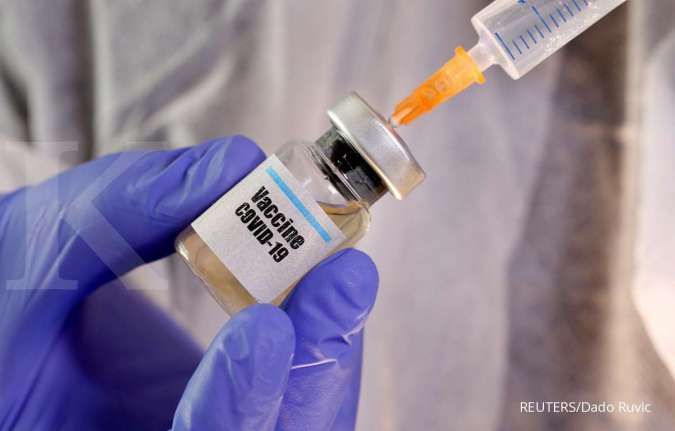KONTAN.CO.ID – JAKARTA. Vaccines are antigens or active substances on viruses and bacteria which, when injected, can cause an immune system reaction to fight the virus or disease. With the vaccine it can prevent certain diseases. The safety factor of vaccines has also been thoroughly researched so there is no need to be afraid.
Prof. Dr. dr. Cissy Rachiana Sudjana, Professor of the Faculty of Medicine, Padjadjaran University, said vaccines stimulate the body to form antibodies in the immune system. “In addition to anti-bodies, the body will produce memory cells, so our immune system can produce antibodies for all kinds of bad diseases,” he said in his statement.
The impact of immunization on reducing disease transmission was recorded to be very large. Several vaccines have succeeded in suppressing the spread of certain diseases such as haemophilus influenza, pneumonia, mumps, rubella, and typhus. All of these diseases have decreased in number, along with immunization.
The public also does not need to doubt the safety of vaccines. Vaccine safety guarantees are continuously carried out at each phase of clinical trials, so that the final product is confirmed to be safe, effective and efficacious. In the early stages, the vaccine manufacturer first identifies the vaccine candidate to be made. The selected vaccine candidate is the one capable of producing the best antibody substances. When it is safe and produces strong antibody substances, especially in pre-clinical trials that are tested on animals, then the testing is continued to clinical trials in humans.
Also Read: What is an emergency distribution permit for the corona virus vaccine?
The human clinical trial phase is divided into three stages. Phase I is intended to test its safety and effectiveness. “Phase I is aimed at testing the immune response in a group of people with a number below 100. When phase I is safe and effective, then it is continued to phase II to test its safety and efficacy further in a number of subjects 400-600 people.
If phase II is safe, you can move on to phase III to find out if there are rare side effects that usually appear when tested on a number of subjects that include thousands or tens of thousands of people. After going through phase III clinical trials and there are no side effects, the vaccine is determined to be safe, effective, and efficacious. ” explained dr. Cissy Rachiana.
Furthermore, dr. Cissy Rachiana also explained that, in phase III, vaccine testing is usually carried out in several countries (multi centers). Its function is to measure its effectiveness and efficacy. Efficacy is an observational step to determine the amount of vaccine protection against infection.
After passing through these phases, the regulator, in this case BPOM in Indonesia, can issue a distribution permit after studying the clinical trial data. Vaccine safety surveys continue to be carried out including once the vaccine has been officially used. This is called Phase IV or the Post Marketing Study.
Also Read: The direction of the rupiah next week awaits US economic data
<!–


